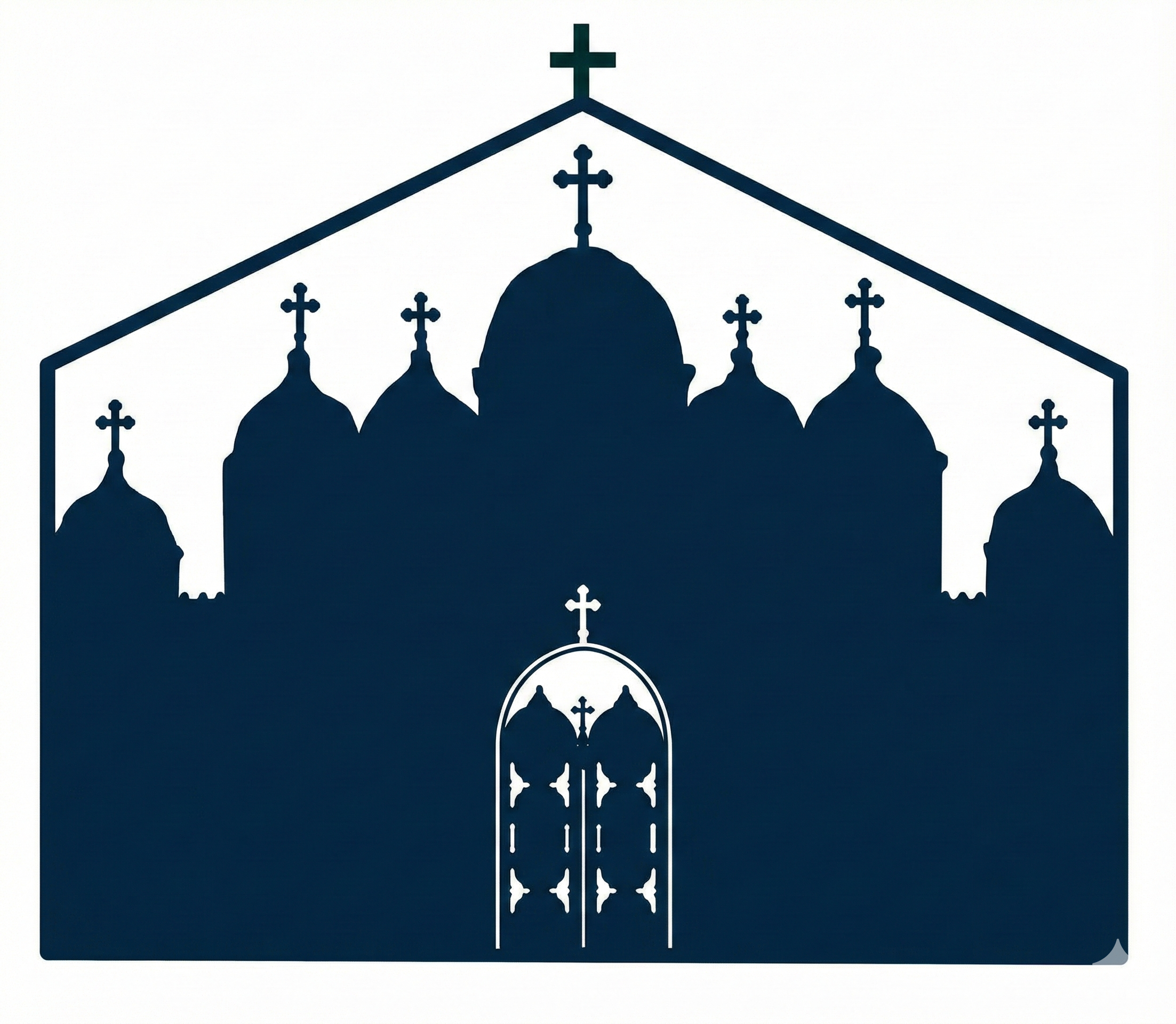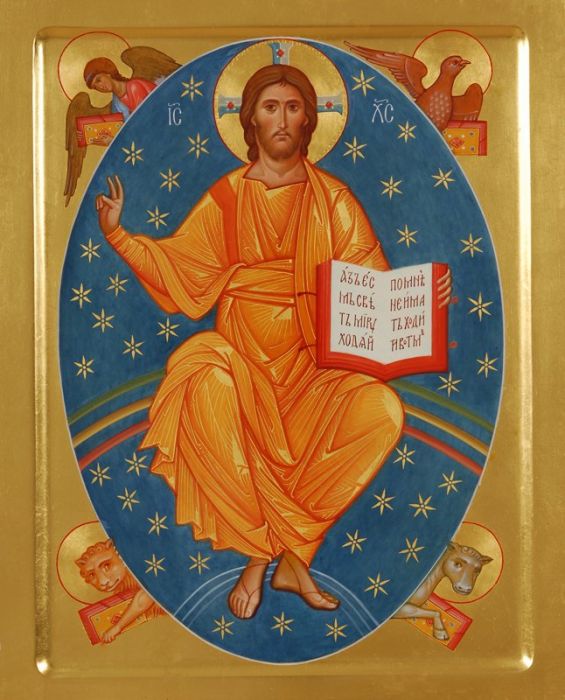Matthew 6:22-33, 2025/06/29, Osaka Church
In the name of the Father, the Son, and the Holy Spirit
Humans are really greedy. First, we want stability and security in our lives. Then we want the warmth of family and friends. On top of that, we start to want a nice house and some smart accessories for a good life. We start to think that hobbies, pastimes, and fulfilling leisure activities are also essential to a rich life, and some even start to desire outrageous things, thinking that adventures will be allowed at least once. We want to find ourselves and find meaning in life and self-realization. We all want so many things, and yet we also say we want “religious comfort.” We are really greedy. We never have time to relax.
This is our reality. Christ said, “No one can serve two masters—God and wealth.” But we live not in such a simple scheme; we are torn in many directions by various things this world offers, and we become exhausted.
Jesus calls out to us, “Look at the birds of the air” and “Look at the flowers of the field.” Birds and flowers fly leisurely in the sky and bloom beautifully without any worries. Are humans not far superior to them? If God can dress even the grass of the field so beautifully, surely he can do even more for humans. “Therefore do not worry about what you will eat, or what you will drink, or what you will wear,” he calls us to leave such worries to God and seek first the kingdom of God and His righteousness.
However, it must be said here that the Lord is not teaching us to become frozen fossils who do not want anything but also have no joy. Christ is not telling us to stop wanting. If you desire something, desire “the kingdom of God and his righteousness.” You should desire the kingdom of God, which you can glimpse through the birds flying leisurely in the sky and the beautiful flowers blooming, and the righteousness of God, that is, a definite encounter with God’s love which is for people and the world. And look up and see me. I am inviting you to see that the kingdom of God and the righteousness of God are here, right here and now, in your own life, within your reach.
Christians are not people who have given up on desire. They are not well-behaved, enlightened, top students of life. On the contrary, they constantly stir up within themselves a mad desire for God, for a deep communion with God, and continue to devour whatever it takes, in order to keep adding joy to joy. They no longer desire the things of this world, not because they are evil, but because being controlled by them is a loss. The Holy Apostle Paul also said, “I consider all things to be loss; for the sake of Christ I have lost all things, and count them as dung, that I may gain Christ (Philip 3:8).” When Paul says this, he does not have the image of a good student at all. Rather, I imagine him as a spoiled child, waving his hands and stamping his feet, eagerly crying, “I want it, I want it quickly,” seeking the light of God that Christ promises.
Also, please do not regard the martyrs simply as exemplary believers who completely abandoned themselves for Christ. If we portray them in such a shabby and poor image, the overflow of God’s light that they literally risked their lives to plunge into in dazzling joy, and the bliss that they sought at the risk of their lives, becoming one with God in that overflow, saying, “I don’t want anything else,” will disappear.
The Lord’s command to “love one another” does not mean to live kindly, seriously, and sincerely in this world where people hate and hurt each other. Loving one another is a celebration in itself. It is a celebration of “my” joy that we desire above all else, “our” joy that the Triune God promised us when he created us in his own image, that is, in communion. Enter into that joy… In the light of this Eucharist, through the taste of the Eucharist, we share the supreme bliss of communion with God and the thrilling joy of loving one another. And it stirs up a passionate longing for the even more perfect light and joy that will overflow on this earth when the Lord returns. What else will we want at that time? The Eucharist is a harbinger of the consummation of our “desires.”

